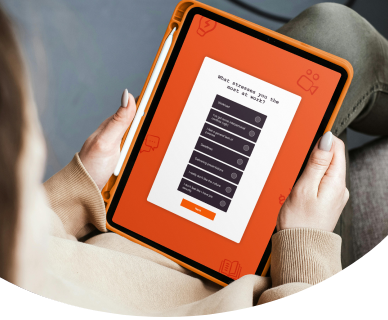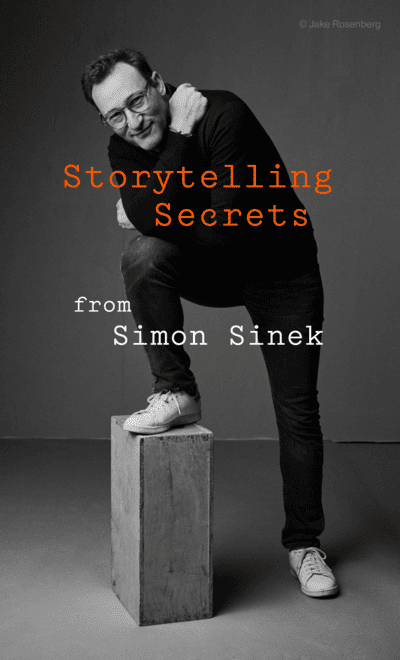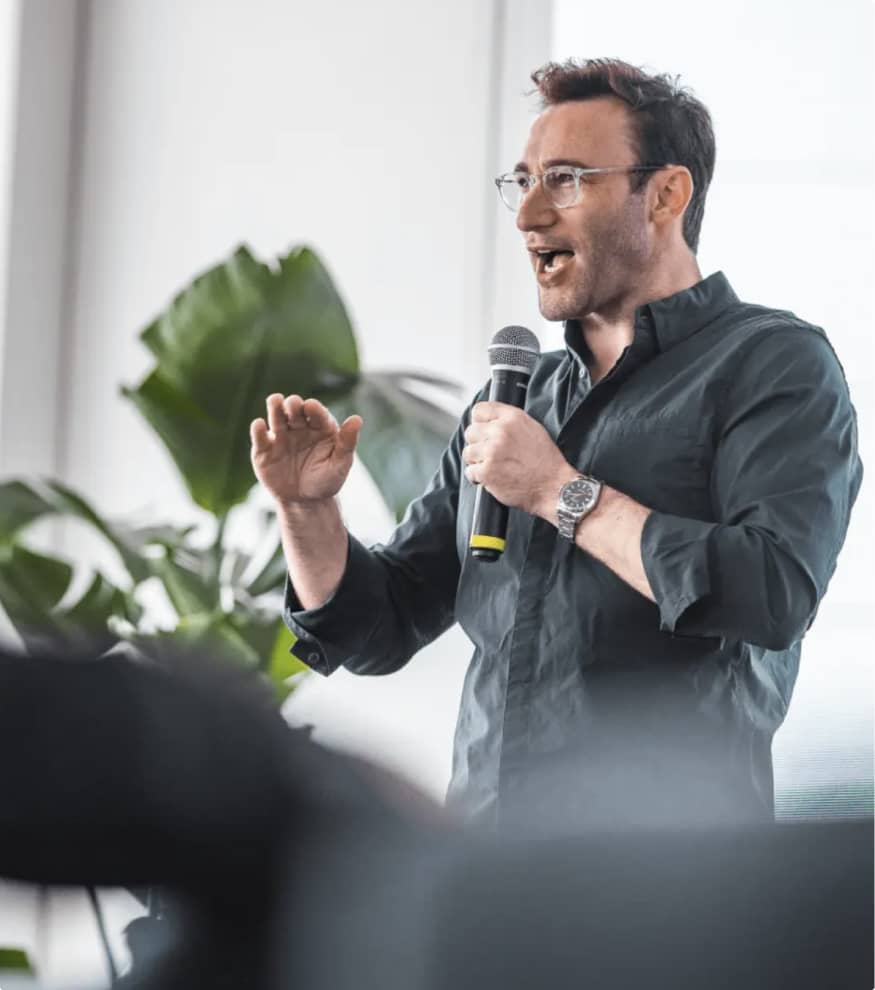You care about your team. You want to be a good leader: approachable, supportive, human. So you’re nice. You say yes to requests. You avoid hard conversations. You give people grace when they miss deadlines. You create a comfortable environment.
And your team is failing.
Deadlines are missed. Quality drops. Standards erode. Nobody seems to care anymore. And you’re left wondering: How did trying to be a good leader create such a mess?
Here’s the truth: Nice and kind are not the same thing. One keeps people comfortable. The other helps them grow. One avoids discomfort. The other leans into it. And confusing the two can derail your effectiveness as a leader and potentially your entire team’s performance.
This critical distinction came to light during our most recent Q&A session where Simon spent 90 minutes with members of The Optimism Library on the topic of “Leveling Up from Middle Manager to Leader.” With middle managers representing “the backbone of every organization” yet rarely given “the tools, training, or support to be great,” we tackled the real struggles of leaders caught between caring for people and delivering results.
Simon didn’t just teach this distinction. He confessed to living this failure himself and shared how learning the difference between nice and kind saved his company.
The Confession
Simon didn’t dodge or deflect. He owned it completely:
“This is my journey. Because of the books I write and the talks I give and what I put myself out there, I feel even greater pressure to be authentic, to be the leader that I write about, because I know a lot of folks like me who talk about one thing and they’re not like that, and I don’t want to be that person.”
But that pressure created a trap: “I was working so hard to be nice and likable and concerned and worried and caring. That literally I ran a company that couldn’t meet a deadline, couldn’t hit a goal, couldn’t get a product out the door on time. The quality was crap, you know?”
The result? “It became to the point where I realized that… I was being taken advantage of, people’s standards went down, people stopped caring about deadlines, and it got to the point where we had a real culture problem.”
This is exactly the kind of mistake that happens when you’re promoted to middle management without being taught how to balance care and accountability, two skills that seem contradictory but must coexist.
The Distinction That Changes Everything
This is where Simon made the breakthrough that transformed his leadership, a distinction nobody had taught him:
“I had to be very open where I’ve over indexed on nice and I started to make realizations that there’s a difference between nice and kind, right? And I was doing nice, I wasn’t doing kind.”
He clarified with concrete examples: “Giving someone hard feedback, it’s not nice, but it is kind. Being, you know, mushy mushy all the time, you know, it doesn’t get anything done. So… sometimes hearing hard feedback, it’s kind, but it’s not nice.”
“I made the distinction that I wanted to be human. I want to be approachable, but I would also say, like, guys, we have to do this, because the business is what fuels the mission.”
This is one of those leadership skills that’s essential for middle managers but rarely taught: how to be both supportive and demanding, both human and accountable.
The Business Reality
Simon used a powerful analogy to drive this home:
“I think about a business like a car, right? Which is you don’t buy a car simply to buy gasoline. That’s not the purpose of a car. You buy a car to go somewhere and you need fuel to go to those places. Well, that’s a company. We didn’t start a company simply to make money but we do need money to make the company go somewhere.”
This realization led to structural changes: “We just became much clearer about what deadlines were and what expectations were. And we do have goals.”
What Kind Actually Looks Like
Being kind, Simon explained, means giving people what they need to succeed, even when it’s uncomfortable. This is another one of those crucial middle management skills: setting clear expectations.
“Not giving people goals is actually demoralizing. People want goals. You wanna know what the finish line is. It’s actually very difficult to work without specific goals. Growth doesn’t help. Better is not a help. I need to go from here to here. I need be able to measure that we are doing well so that somebody can feel like their work matters.”
He continued: “If it’s just mushy, mushy and amorphous and better and more, nobody actually knows that they’re doing a good job. Again, not kind.”
As Simon emphasized throughout the session about the skills middle managers need: “I think the big thing is clarity. Because I think very often as a leader, it’s like, ‘Guys, let’s increase our performance,’ but nobody knows what the deadlines are. Nobody knows what the targets are. So clarity of deadline, clarity of target. And then how can I support you to help you hit that target or that deadline? That’s a huge, big thing. Be very, very clear.”
Implementing Kind Leadership
Simon’s framework became clear:
- Set clear expectations: “I realized that I needed clear deadlines. I needed clean expectations. I needed clear metrics.”
- Maintain humanity in how you reach them: “How we get there matters. Because ethics still matter, right? It’s not growth at any opportunity.”
- Focus on support, not softness: “How do we support each other to hit those goals? And that’s where the humanity and the niceness shows up. You still have to treat people with kindness and respect.”
Giving Kind Feedback
When it comes to delivering hard truths (another skill middle managers need but aren’t taught), Simon shared his approach:
“When we do feedback sessions, when we did three 60s, for example, they can be pretty brutal. And we say this out loud, which is someone is going to give you feedback. It’s much easier for them not to tell you because it’s going to be hard to tell you some of these things. But the reason they’re going to tell you is because they care about you and they want you to grow to be the best version of yourself.”
His technique: “I always ask permission. I need to give you some hard to hear feedback. Can I give that to you?”
Nice avoids difficult conversations. Kind leans into them.
Nice prioritizes being liked. Kind prioritizes being effective.
Want to master the leadership skills nobody taught you when they made you a manager? Learn how to balance accountability with humanity in our course: How to Be the Leader People Actually Trust (and Maybe Even Love).












